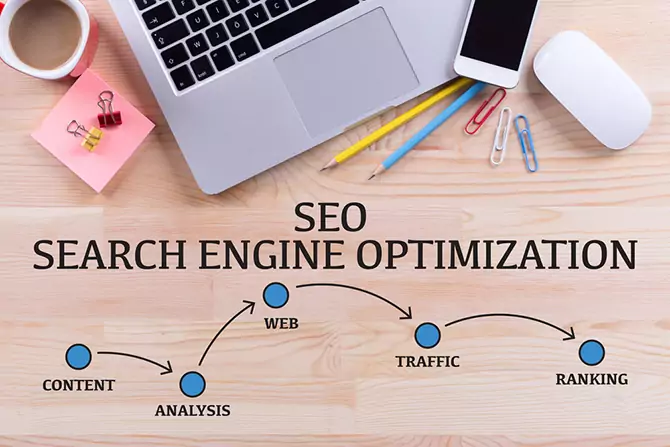
Best SEO Marketing Tools That You Must Have
SEO is an ongoing effort, and if you want to succeed at this race, you’ll be evaluating, tweaking, and refining constantly.
It’s really nearly impossible to do this without leveraging tools. To gain the necessary visibility into your SEO, both as a way to understand problems as well as if your efforts are being successful, you’re going to leverage a variety of tools.
You’ll use tools to identify where you are, what paths are available, what roadblocks lie in the way and to track your progress towards your destination. When we think about optimizing SEO, we want to build a toolkit that gives us visibility across the four primary areas of SEO:
- technical, how your site and experience is programmed
- content, which is what you’re publishing,
- how, and why,
offsite, and that’s everything influencing SEO that isn’t attached to your main site, such as links from other sites or your social media presence, and finally, competitive SEO.
This is research into how you’re performing and how your competition is performing. As you build out your toolkit, be sure you have visibility across these four areas.
Technical Tools To Make Your Site Search Engine Optimized:
Search engines are built around their ability to index pages, so it’s very important that your site is accessible to crawlers and that they can get to all the important pages within it.
Additionally, your site’s usability and accessibility on a mobile device are also very important to Google.
Technical issues can cause Google to take detours and the more detours it has to take, I’ll say the more frustrated Google gets and the more frustrated, well the less you’ll rank.
In this area, the top technical tools that you want to focus on for your toolkit are the:
Google Search Console
all of Google’s diagnostic tools which include
Now, most of Google’s diagnostic tools for page speed and user experience are primarily the same. So, the two that you’ll likely focus most of your time on are Lighthouse or web.dev.
Now another great technical tool is Screaming Frog SEO crawler, now this is a tool that you’ll need to pay for but it’s well worth the money whether you’re working on one site or many.
Tools To Make Your Content Search Engine Optimized:
Search engines love text, it’s the easiest for them to parse. Text helps Google understand what your site is about, what you’re trying to tell your users, and Google will use your content to match your site to the queries people type into Google.
Your content needs to be descriptive, properly formatted, and include enough context so that Google understands exactly what you’re talking about. And all of this must be displayed in a way that Google can parse.
So, as you go to evaluate your content, the top tools that you’re going to encounter and likely want to add to your tool kit, are:
Another great tool is Google suggested search, which is simply typing queries into Google and seeing the suggestions that dropdown.
From here we have Google Trends, Siteliner, BuzzSumo, Ahrefs, and SEMrush. Each has a different value add, but collectively these are the most commonly used tools to manage your content.
Increase Your Offsite Visibility With Search Engine Optimization:
Step away from your website and you’ll encounter all of the offsite factors. These factors focus primarily on achieving links to your site from other reputable sources around the web.
The more people that are talking about your site from contextually relevant sources, the better. If you sell aeroplane parts and aeroplane-related websites link to you, Google knows you’re legitimate and it understands your category better.
You see, it’s more important on who links to you than just how many people are linking to you. To begin to evaluate all of the offsite factors, you’re going to encounter tools, such as:
All of these are commonly used to evaluate your offsite characteristics.
Competitive Research Tools For Search Engine Optimization:
A major area in SEO is determining how well you’re doing and what your competition is up to. You’re going to want to be measuring what you’re ranking for, how you’re ranking and who you’re competing with.
You don’t want your competition to win. And if they’re leading the pack, you want to know why Did they find a shortcut, do they have a better description of their destination or more people supporting them? You’re going to want to spy on your competition and understand what they’re doing, how you can do it better and where you might have a competitive advantage.
Now, I break research into two areas. Measuring results and the common tools for that are going to be SEMrush and Ahrefs and then auditing, which is essentially using that entire toolkit to review your competitor’s site instead of yours. And that means doing crawls and all. You also can gather a ton of research right out of Google Search Console.
Now, it’s important that you don’t ignore your competition when it comes to SEO, and you also don’t ignore your performance.
Both of those are incredibly important for you to keep tabs on.





